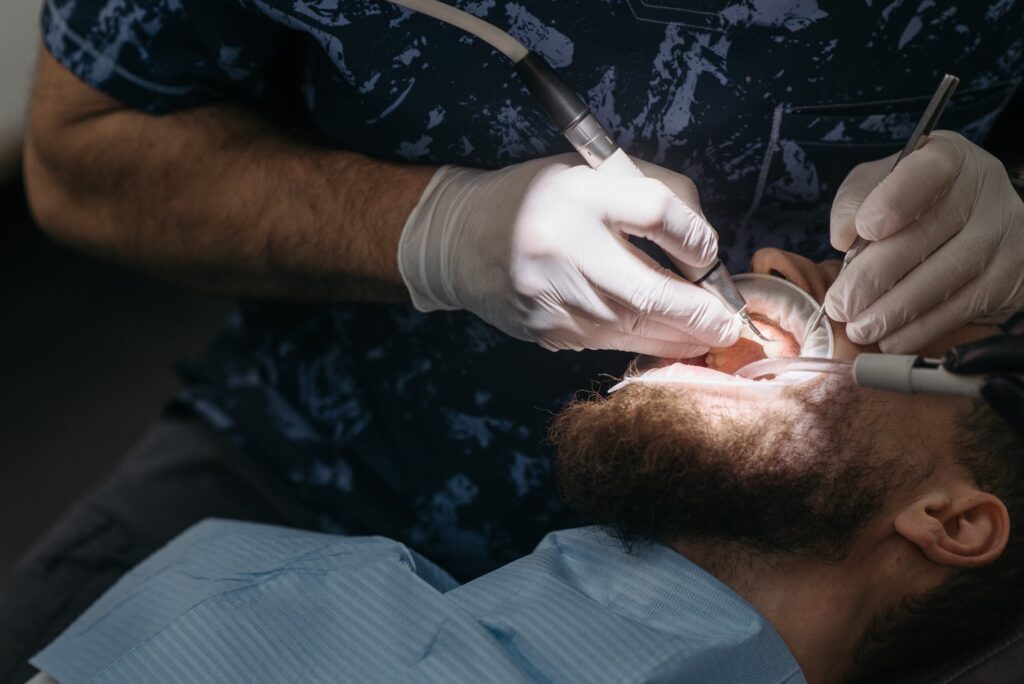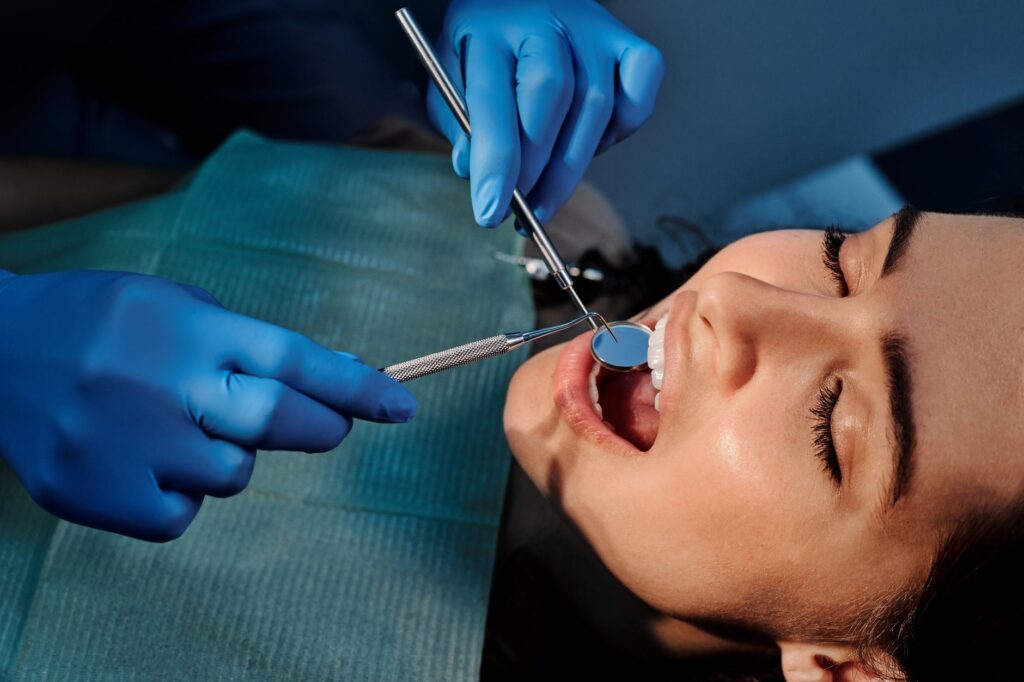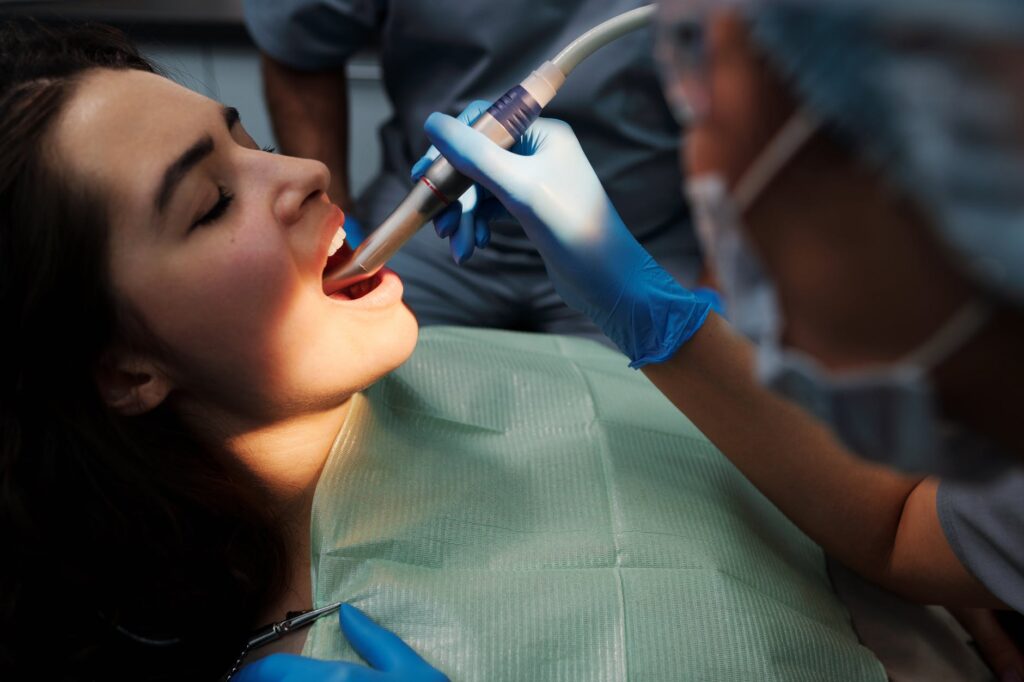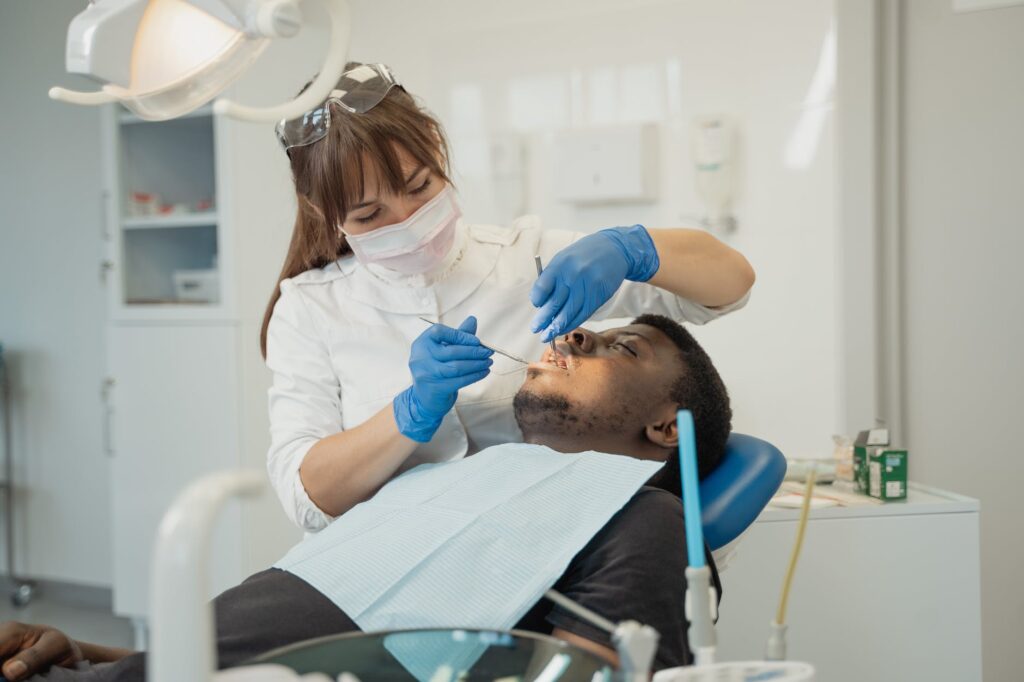Whether it is your first time visiting the dentist or first time in a long time since you’ve been to the dentist, having a regular dental check up is not as scary as one might think.
Fortunately, with more advanced technology, dentists and hygienists can actually make your dental office visit as smooth as possible. You may even find it to be a pleasant experience.
If what is needed is more than a cleaning, your dentist may decide to have you return for another visit to complete the necessary dental work. The good thing is that, depending on the work that needs to be done, you may be able to get sedated during your dental procedure.
The important thing to remember is that showing up for your checkup is the best thing you can do for your health and smile. Be sure to read on or visit this website for more information about what to expect during a dental check up.
Your Routine Visit

Once you are escorted to the room where your dental check up will take place, a dental hygienist will get you prepped to scrape off plaque and tartar buildup on your teeth and over your gum line. Your hygienist will also be checking for cavities and potential gum disease. Working on one tooth at a time, your dentist will then floss between your teeth.
This part of your visit should not take too long, but your dental hygienist will let you know when you are able to rest your jaw and close your mouth. When this is done, you’ll need to rinse out your mouth well. Using a dental tool with a spinning head, your hygienist will polish your teeth before you rinse again.
You may also get X-rays annually to make sure there are no issues that are otherwise difficult to see. The hygienist then calls the dentist in to perform a thorough dental exam. He or she will basically check every tooth and look for gaps between your teeth and gums.
The dentist will use a periodontal probe, a metal or ultrasonic tool which helps the dentist find problem areas, if any, as well as to measure the depth of any gum gaps or pockets. All the while, your hygienist will be recording notes in your chart.
What Else You Can Expect

During your dental exam, the hygienist or dentist will:
- Inquire about any health problems or medications you take and discuss how your oral health may be affected.
- Discuss your diet, tobacco use and oral hygiene routine
- Assess your risk of tooth or root decay and gum or bone disease
- Assess your need for tooth restoration or replacement
- Evaluate your bite and jaw for problems
- Demonstrate proper brushing techniques for your teeth or dentures
- Remove tough stains from your teeth
- Perform other diagnostic procedures, if necessary
After the dentist finishes inspecting your teeth and gums, he or she will let you know how things look and what the recommended next steps would be.
What If It Is a First or Non-Routine Dental Visit?

Believe it or not, even if it is your first time or you have an appointment for a non-routine dental visit, you will still receive the same care as you would during a routine visit. Of course, the visit would also include additional care.
In these cases, it is more likely that you would be required to get an X-ray done. This is an important step because your dentist will want a full scope of what’s going on in your teeth, gums, and bone structures.
That said, plan for a longer visit than you would have if you come in for regular cleanings once or twice a year. You can expect a deep cleaning with the hygienist as getting tartar removed can be uncomfortable if your teeth are sensitive from years of staying away from the dentist.
Also keep in mind that when your dentist probes your teeth and checks your gums for pockets, you may feel pain and experience some bleeding. However, the pain should subside rather quickly.
In certain instances, your dentist may recommend making a dental impression of your jaws to create a replica of your teeth and oral tissues. This is done to help your dentist or hygienist evaluate your bite or make a mouthguard.
Routine dental exams can also help your overall health. How? Well, believe it or not, symptoms of certain systemic diseases like rheumatoid arthritis and diabetes may be discovered in the mouth first. If your hygienist or dentist spots signs of disease, he or she will recommend that you make an appointment with your doctor.
Regardless of what the dentist finds during your visit, try not to be overwhelmed because you’ve helped your teeth’s health tremendously by coming in for your first or non-routine visit. If you keep up with good dental habits following your visit, any future routine visits will take less time and be smoother.

Other Things to Consider
If it is determined that you are at risk of tooth decay, gum disease, or other oral health problems, your dentist or hygienist may recommend that you make an appointment for a few follow-up check ups.
It is possible that treatment will be needed. Depending on the complexity of the treatment, it may involve a team of dentists who specialize in specific treatments like oral surgery.
Make an Appointment With Your Dentist Today
According to the American Dental Association, regular dental exams are an essential component of preventive health care. Dental appointments are typically recommended every 6 months, but how often you see your dentist is up to him or her.
If you are feeling nervous about having even a routine dental check up or exam, do not hesitate to share your concerns with your dentist or hygienist. Check out your local orthodontist if you’re having a difficult time looking for one.
